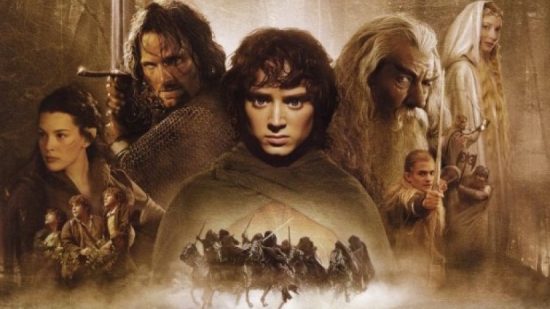Film adaptations: Do they work?
It’s common to hear avid readers say that the book was better than the film when a novel they love is turned into a movie, but how well do books, plays, and TV shows translate into film?
Some things will have to change
Adapting a book into another medium will always mean changes on some level. Depending on the length of the book, some scenes will have to be edited down or cut out altogether, so that the main story can be contained within a two-hour film (or less). On occasion, characters who are considered non-essential will be written out, and some will be given a bigger role than in the original version.
Trying to pinpoint and keep everything the reader or viewer likes is a challenge and there will often be some people who aren’t happy with the end result.
TV shows which may have a story running across several episodes or a whole season will need to have a self-contained storyline with a resolution at the end when they are adapted. The difference between a TV show as a film and a standalone film is that the characters have already been established. So the audience is already there and they will have seen the characters go through several other storylines, which means little or no introduction is needed.
Losing the atmosphere
Plays adapted into film will be able to rely more on special effects. A lot can be done on stage, but film will often be able to push effects further than plays. However, film doesn’t have the same immediacy as a play. Broadway producer Louise Gund, who has produced All the Way, Head Over Heels and Six Degrees of Separation amongst others, would likely agree.
Some audiences find it easier to get caught up in the story by watching it unfold live. Perhaps this is why the film Byzantium was only rated 66% on Rotten Tomatoes. Despite featuring Gemma Arterton and Saoirse Ronan in the lead roles, not everyone enjoyed the translation into film. Some reviewers commented about the lack of frightening scenes. It’s possible that during the change from stage play to film, some of the creepiness and intense moments were lost.
Why did they change that?
Sometimes aspects of a book will be changed for no other reason than the writer or someone else in the production team decided they wanted things to play out a different way. One example of this the film adaptation of My Sister’s Keeper. Without spoiling the ending for anyone who hasn’t read the book and/or seen the film yet, there is one major difference to the storyline which changes the outcome completely.
Reusing successful ideas
Most people will have heard of West Side Story, whether they have seen the stage play or not. Perhaps this is why a film version is currently in production. It is directed and produced by Steven Spielberg, who wouldn’t be involved if he didn’t believe it would be a success. Sticking with tried and tested stories could be the reason for the adaptation. Another reason could be to reach film watchers who may never go to watch stage plays. Attracting a new audience also works to encourage people to see the live version if they enjoy the movie.
TV Shows adapted into film
One popular tv show which springs to mind, as being adapted for the big screen, is The X-Files. The show, which was successful in its time, may have waited too long to launch itself in the movie industry. By the time the film was released, interest was already starting to wane and the storylines were criticized for becoming more far-fetched than ever. For a TV show to film transition to stand a chance of success, the fans have to still be interested and it helps to attract a new audience. So although there is less world-building and character introduction needed, it should be easy for a new audience to grasp what is going on and why the characters are in the situation they find themselves in.
Movies usually have a bigger budget. Series favorites such as The Addams Family and Batman have both being made into films. Batman has even led to films featuring other well-known characters, most recently Joker which won two Oscars, among other awards. The budget for this attracted household names such as Joaquin Phoenix and Robert de Niro. This is a good example of taking a known character and creating a relatively new story by exploring his background and how he became the villain we all know.
So, adaptations can and do work, but they need to get the balance right; keeping current fans interested while ensuring new viewers can keep up with what is going on. Reusing tried and tested stories can help if they are popular enough and appeal to a modern audience.











